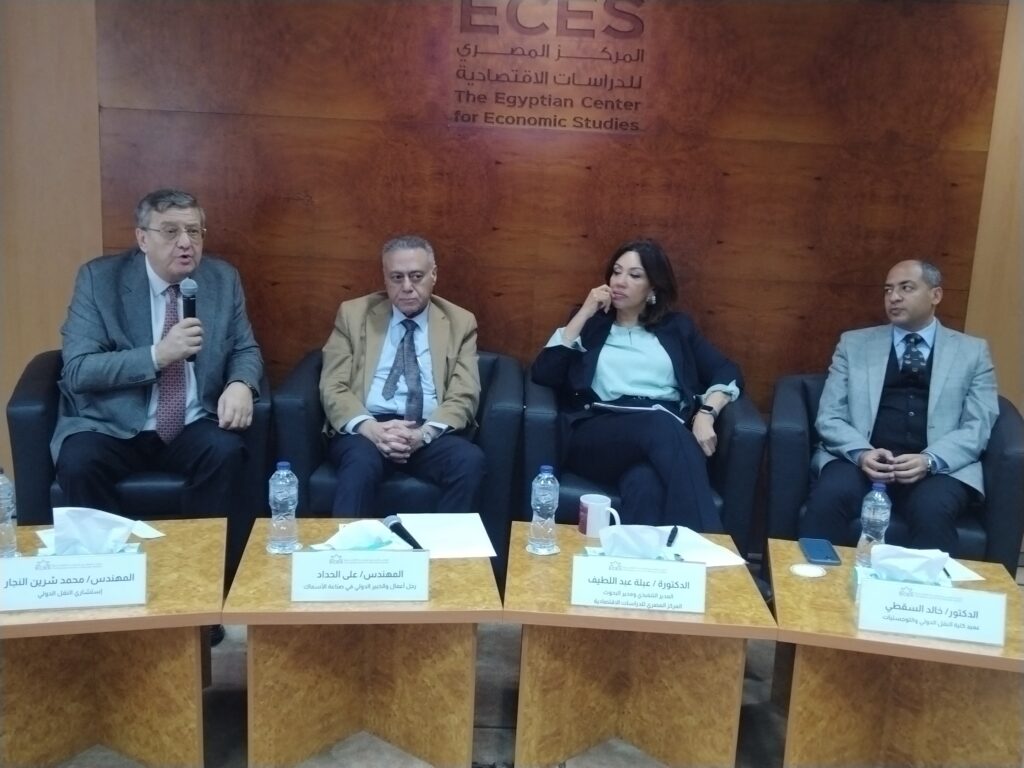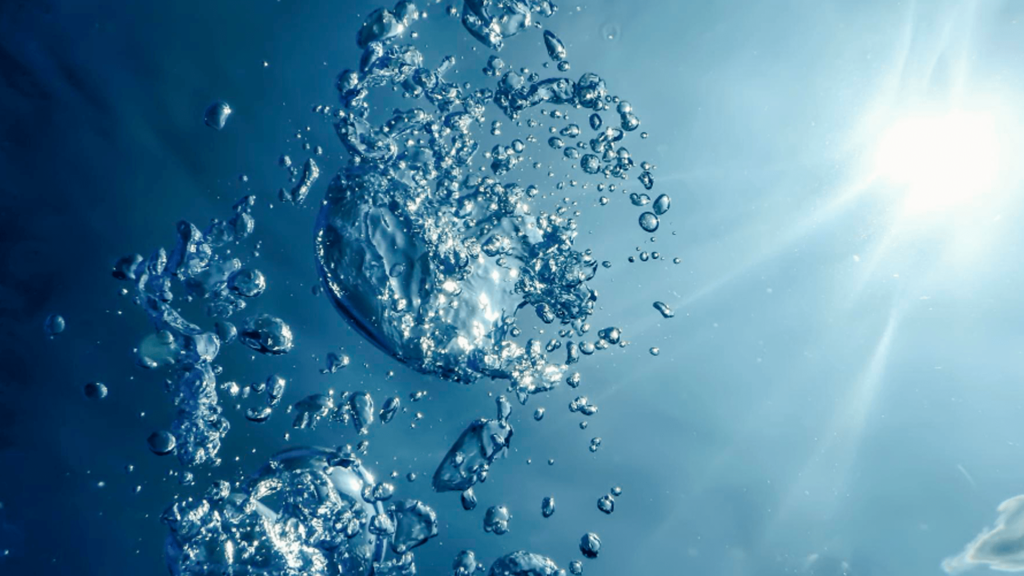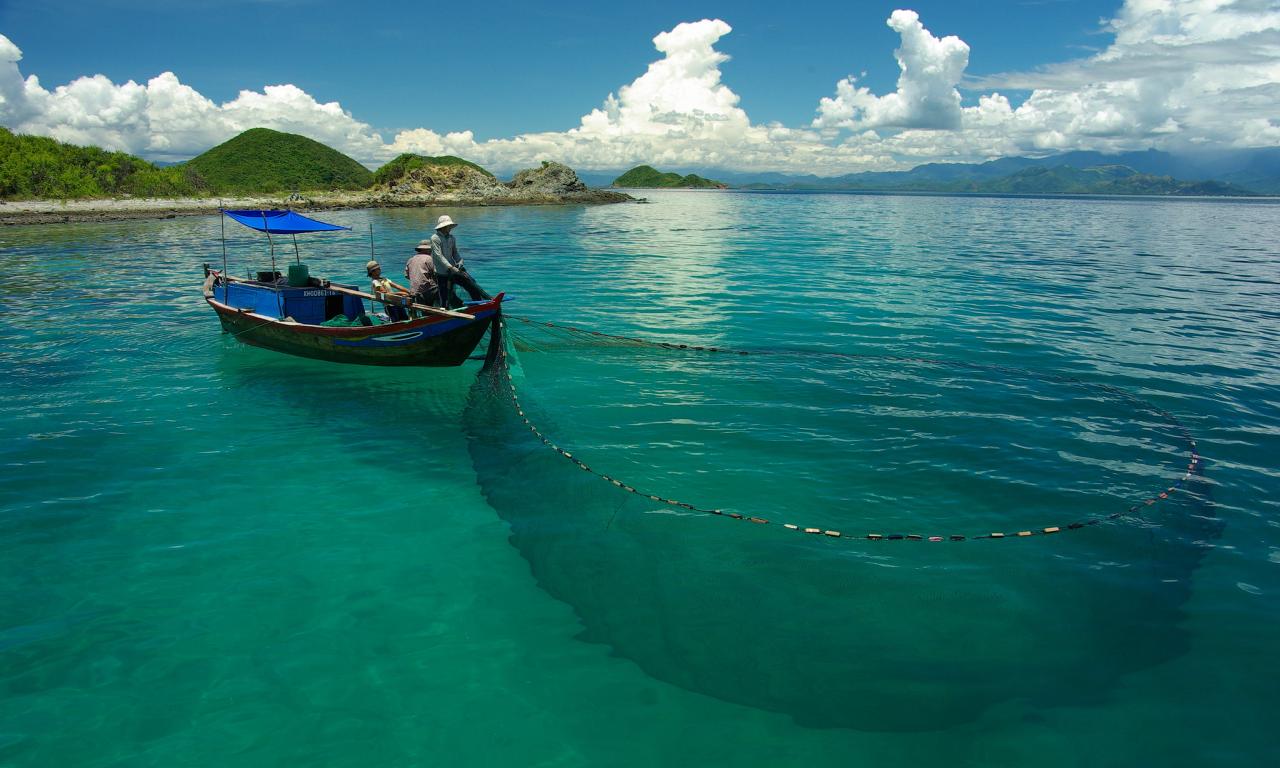Food & Climate
33 countries are currently integrating the blue economy into their economies worldwide, including an African country. China tops the list, contributing 9% of the gross domestic product in 2019.
This came in a research paper reviewed by the Egyptian Center for Economic Studies (ECES), in a symposium held in Cairo, the day before yesterday, Monday, January 20, 2025, entitled “Is Egypt on the right path to achieving sustainability in its blue economy?”.
The blue economy is a framework that focuses on the resources of seas, oceans and rivers to achieve a sustainable economy.
This concept appeared in 2010, for the first time, and consists of 5 elements: coastal tourism, shipping and maritime transport, fishing and fish farms, chemical industries, in addition to renewable marine energy, according to researcher Mahmoud Mohamed from the center, in the symposium attended by the “Food & Climate” platform.
Coastal tourism represents three-quarters of the blue economy, but renewable marine energy is the fastest growing.
The researcher explained that the blue economy faces several challenges, the most important of which is climate change due to environmental pollution and reliance on traditional economic models.
It represents 40% of global food security, provides 500 million jobs, and is worth $15 trillion.
In addition to China, the most prominent countries that integrate the blue economy into their economies are America and South Africa, where it represents 3.5% of the African country’s GDP.
The Green Economy, Not the Blue
The Executive Director of the Egyptian Center for Economic Studies, Dr. Abla Abdel Latif, said that Egypt began strongly talking about the blue economy in 2016 as part of the sustainable development plan. Egypt has divine advantages in this field, represented by long coasts on the Red and Mediterranean Seas, in addition to the Nile River, a good climate, and some of the best diving sites in the world.
However, the institutional framework is scattered among many entities such as the Ministry of Tourism, Environment and Irrigation, the Suez Canal Authority, the Ministry of Transport, and the Ministry of Trade, Industry and Agriculture.
Abdel Latif said: “All these ministries are related to the blue economy and other bodies follow them, while countries that want to maximize the role of the blue economy are working to have an authority or body that brings together all these roles, as each body works for its own interests, but a comprehensive vision of how the country can benefit from its capabilities is not available.”
She explained that Egypt is far behind abroad, and there is a focus on the green economy, although the blue is part of it. There is also a lack of sufficient and accurate data, so the center was unable to calculate the percentage of the blue economy in the GDP.
She added that the lack of coordination between the various parties represents the most dangerous factors affecting the blue economy, explaining that there are a number of related challenges that affect the environment, such as overfishing.

Maritime transport loss
Egypt has a large marine fleet operating in the field of marine fishing, which is free fishing, but unfortunately it is not updated. The update allows for the implementation of some operational procedures on board the ship, according to the Chairman of Fish Basket Company, Engineer Ali Elhaddad.
Reducing waste in goods and merchandise is a major element in the sustainable economy in general, which applies to the blue economy, so there is a need to reduce losses from trading in maritime transport, according to the Chairman of Naggar Maritime Company, Engineer Mohamed Sherine Naggar.
He explained that the percentage of wastage of imported wheat, which amounted to 10 million tons annually, during maritime transport reached 38% in the first period of the second millennium, but when Khaled Hanafi took over the Ministry of Supply portfolio more than 10 years ago, he focused on reducing the waste of wheat until it reached 12%, by building silos to protect these strategic goods from spoilage.
He added that the waste of food commodities in Egypt is huge due to transportation problems, for example the tomato crop. Therefore, shipping companies need to rely on specialists in packing and storing crops and arranging goods in containers, so that the goods are not exposed to spoilage, even if this increases the cost.
He said: “The maritime transport system in Egypt is tragic.” He explained that among the reasons for this situation are the multiplicity of authorities responsible for ports, and the fees that ships are forced to spend.
He stressed the need for a comprehensive development of the entire maritime system, noting what the UAE has done in this regard, at the hands of a team of legal men, all of whose members are from Egypt. While the Dean of the Arab Academy for Sciences, Dr. Khaled AlSaqti, explained that there is no longer competition between countries, but between supply chains.
He said that almost all components of the blue economy are trade, and 85% of this trade moves across oceans and seas, which is equivalent to 11.8 billion tons annually.
AlSaqti believes that Egypt can benefit from 70% of this trade moved across seas and oceans thanks to its long coasts on the Red Sea and the Mediterranean.
There is an important element that can be benefited from in the blue economy, which is the Internet, as 95% of data and the Internet is conducted through submarine cables and not satellites.

The most important and largest submarine cables in the world are those that pass near Egypt in the Mediterranean Sea, and the field can be opened for investments for the local, global and even Gulf private sectors in this field.

